After a Dyslexia Diagnosis
Once your child has been diagnosed with dyslexia there are many helpful and important things a parent should do. The first is take a deep breath, and know there are many avenues to get your child the help he or she needs. ReadSource is your trusted ally throughout the journey.
A psychoeducational evaluation is the first step in getting your child the help he or she needs. It’s a significant turning point on the road to getting help and provides understanding and comfort to both you and your child. Children with dyslexia need the proper educational approach. The Orton-Gillingham Approach and similarly based programs teach language elements in a direct and systematic way.
Most importantly, parents of a dyslexic student should become educated about dyslexia and the options available for their child’s needs. Refer to our social media and dyslexia resource page early and often. For a more in-depth description of dyslexia see our Facts About Dyslexia page.
Critical Next Steps After Dyslexia Diagnosis
It’s important to involve your child in discussions about his or her dyslexia. Let them know their diagnosis is a positive step forward for them. Help them understand that dyslexia is a learning difference and NOT a problem with intelligence or lack of motivation. Assure them that the prognosis for dyslexia is positive; dyslexics are multi-dimensional, creative, out-of-the-box thinkers who are successful in everything from the arts, music and design to finance, mathematics and engineering. You can also share the list of famous people with dyslexia listed on our site.
-
Schedule a meeting at school
One of the first critical steps you can take after the diagnosis is to schedule a meeting at your child’s school to discuss any and all appropriate accommodations they can provide. Explore our section about navigating support in public school settings.
-
Look into tutoring
Explore tutoring options in your area. As a starting point for finding a tutor in your area, see this list of tutors trained in Orton-Gillingham approaches.
-
Research school alternatives
Research independent schools that provide specialized instruction or summer camps designed to address learning needs. In the Atlanta metro area alone, there are numerous settings for students with learning differences. Many provide financial aid, so ask schools if they offer financial aid or SB10 scholarships.
Next Steps for Public School Students with Dyslexia

If you decide to stay at your public school, read the following.
- Ten Quick Tips for managing dyslexia in a public school
- Top Questions to ask your public school teacher



